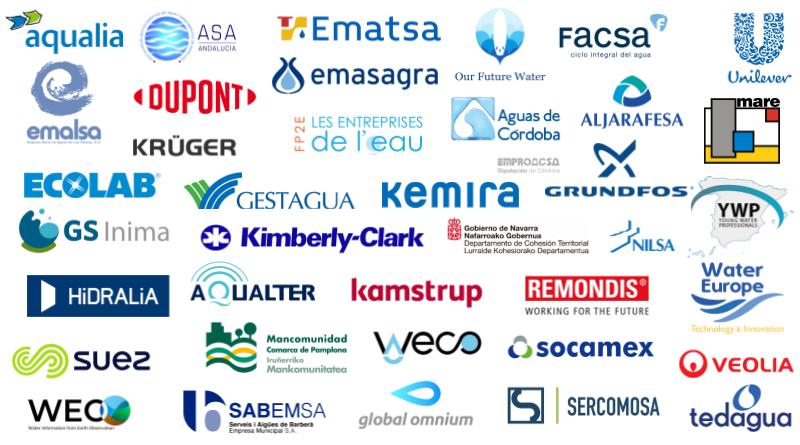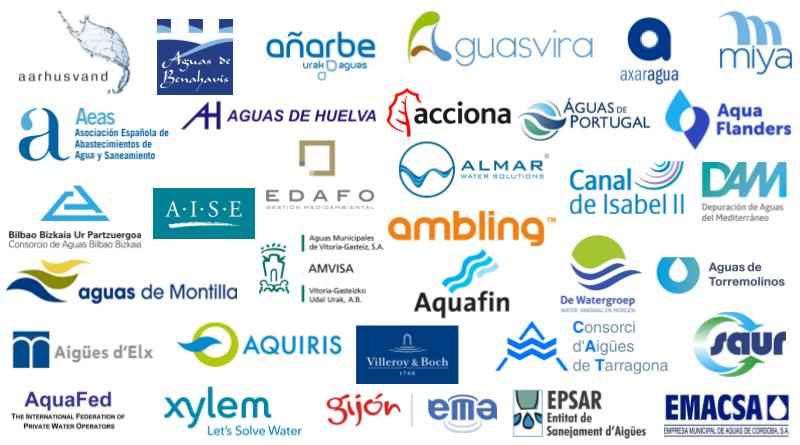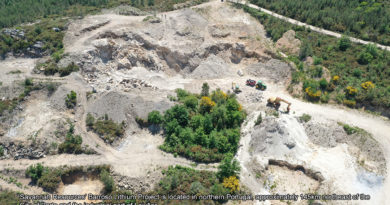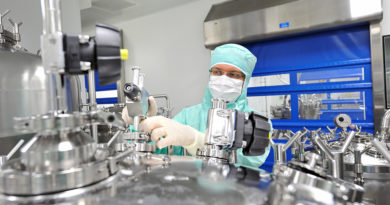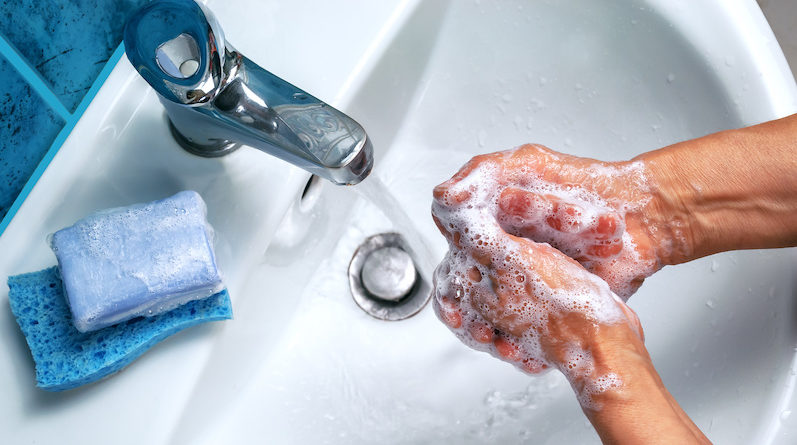
Joint Statement for the Promotion of Access to Sanitation for All in Europe
Brussels, 21 October 2020
We, the undersigned organisations, strongly believe that the right of access to adequate sanitation services for all citizens living across Europe must be enshrined in EU law.
Universal access to decent and safe sanitation (services) is a fundamental need and a human right. Securing access for all contributes considerably to reducing illness, death and social inequalities. Easy access to adequate and safe sanitation, whether at home, school, work, in healthcare facilities, and in public spaces, is essential to human health and well-being and should be a prerequisite for a decent, healthy, and safe life in the 21st century.
The Covid-19 pandemic has highlighted how the provision of safe water, sanitation, and hygienic conditions are essential to protecting human health against infectious disease outbreaks.
The United Nations officially acknowledged the Human Right to Water and Sanitation through the adoption of its Resolution 64/292 in 2010, and subsequently on 17 December 2015 the Right to Sanitation as a standalone right (UNGA Resolution 70/169). In addition, the UN has set Sustainable Development Goal 6 with the aim to secure access to clean water and sanitation for all by 2030.
The Right to Sanitation, which is derived from the right to an adequate standard of living, entitles everyone to sanitation services that provide privacy and ensure dignity, and that are physically accessible, affordable, safe, hygienic, secure, and socially and culturally acceptable.
Yet, 10 million people still lack access to safe sanitation services in the EU. The European Green Deal, which aims at leaving no one behind, is an opportunity to ensure equal access to sanitation for all.
We believe the EU should better address access to sanitation and enshrine this human right in EU law, thus leading by example. This is the reason why we call on the European Commission to seize the opportunity of the revision of the Urban Waste Water Treatment Directive adopted in 1991, to introduce legal provisions ensuring the best possible access to sanitation services for all across the continent in line with human rights provisions.
The new Drinking Water Directive has rightly introduced an article promoting access to water, especially to the most vulnerable people, requiring Member States to identify populations lacking access to drinking water and find remedies. This move should also be reflected in the new Urban Waste Water Directive.
Together with our partners from a wide range of backgrounds, we urge the European Commission to take action.
Water is life; Sanitation is dignity.
Signatories: Aarhus Vand, Acciona, AEAS, Aguas de Benahavís, Aguas de Córdoba, Aguas de Huelva, Aguas de Montilla, Aguas de Portugal, Aguas del Añarbe, Aguas de Torremolinos, Aguasvira, Aigües d’Elx, AISE, Aljarafesa, Almar Water Solutions, Ambling, AMVISA, AquaFed, Aquafin, AquaFlanders, Aqualia, Aqualter, Aquiris, ASA Andalucía, Axaragua, Canal de Isabel II, Consorci d’Aigües de Tarragona, Consorcio de Aguas Bilbao Bizkaia, DAM, De Watergroep, DuPont, Ecolab, EDAFO, EMA, EMACSA, EMALSA, EMASAGRA, EMATSA, EPSAR, FACSA, FP2E, Gestagua, Global Omnium, Grundfos, GS Inima, Hidralia, Kamstrup, Kemira, Kimberly-Clark, Krüger, Mancomunidad Comarca de Pamplona, MARE, Miya Water, NILSA, Our Future Water, Remondis, Sabemsa, Saur, Sercomosa, Socamex, Suez, Tedagua, Unilever, Villeroy & Boch, Veolia, Water Europe, WeCo, WEO, Young Water Professionals Spain (IWA), Xylem.
